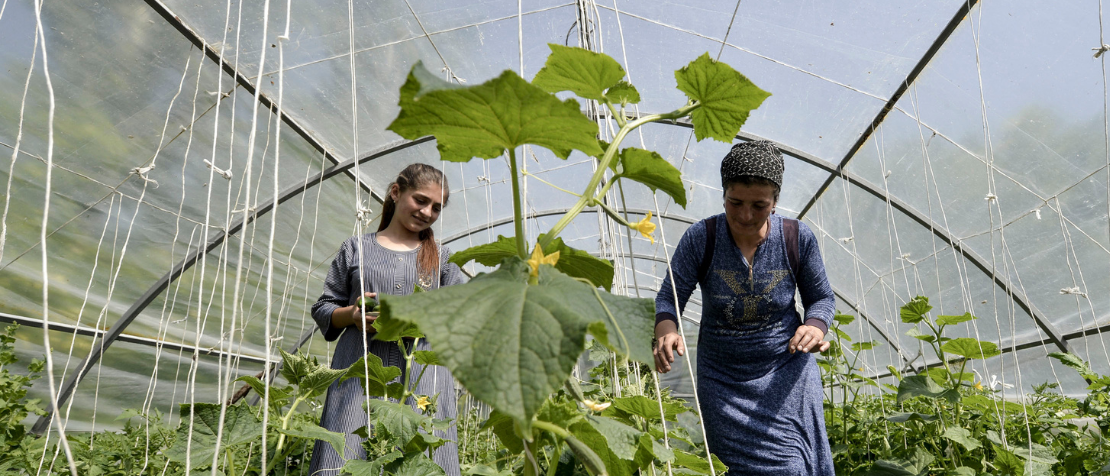Regional workshop in Bishkek promotes uptake of climate-smart agricultural practices

©©FAO/Vyacheslav Oseledko
Agriculture remains a vital sector for employment in Central Asia. As the region faces significant challenges, including climate change, land degradation, and limited farmer access to innovative technologies, the adoption of advanced and adaptive farming practices becomes increasingly crucial.
On 10 June, a three-day Regional Training on Climate Smart Agriculture began in Bishkek, Kyrgyzstan. Organized by the Food and Agriculture Organization of the United Nations (FAO), as part of its project Small Farmers as Agricultural Innovators for Sustainable Agrifood Ecosystems. Funded through FAO’s Flexible Voluntary Contribution (FVC) mechanism, the project is being successfully implemented in Kyrgyzstan and Uzbekistan. The event brought together leading Kyrgyz and Uzbek specialists, and experts in the agricultural sector as well as 25 agronomists and farmers who are trainers in the Farmer Field Schools component of the project.
“The adoption of climate-resilient practices is key to ensuring food security,” said Oleg Guchgeldiyev, FAO Representative in Kyrgyzstan, in his opening remarks. “I am confident that this training will enhance the capacity of specialists to adapt agriculture to climate change.”
Since its launch in 2024, the project has been working to improve access to modern resources, technologies, and knowledge for smallholder farmers specializing in vegetable and fruit production.
“Farmers and rural communities are on the front lines of climate change impacts, facing them far more frequently than others,” said Ahmed Hamdino, FAO International Horticulturist and Climate Smart Agriculture Specialist. “To effectively address their challenges, integrated strategies are needed, such as investments in resilient crop varieties.”
The establishment of Farmer Field Schools is a key component of the project. Using a participatory education approach, these schools employ collective learning methods, creating a comfortable environment where students can freely exchange knowledge and experience. Practical sessions –including observation, discussion, and decision-making–are an essential part of the training.
To date, six Farmer Field Schools and three demonstration plots have been set up in Kyrgyzstan’s Osh, Chui, and Issyk-Kul regions under the project. Agricultural materials and necessary equipment have been procured to ensure their effective operation. Here, farmers learn advanced techniques in vegetable seed production and fruit and berry sapling cultivation.
